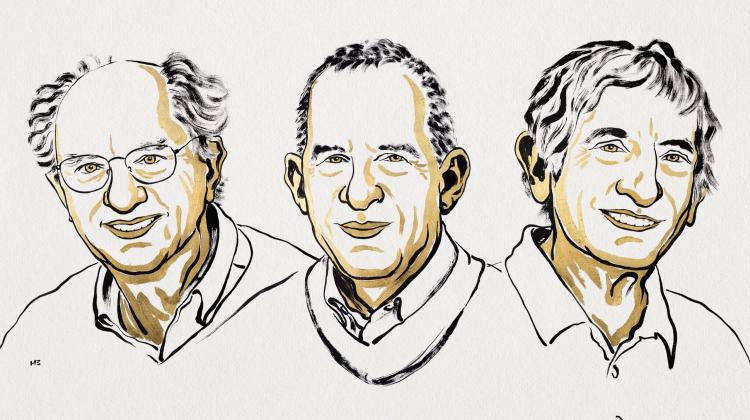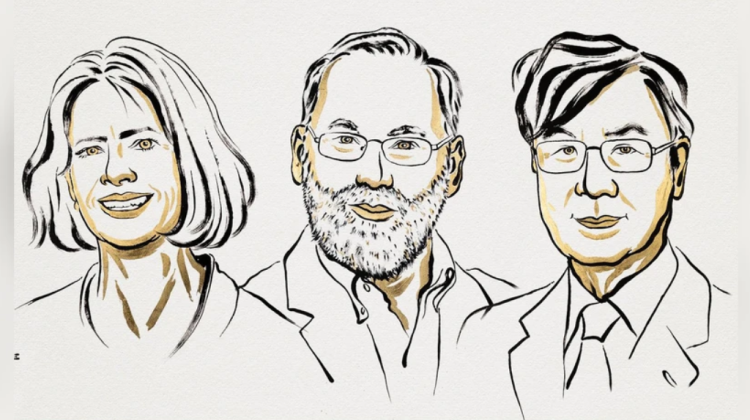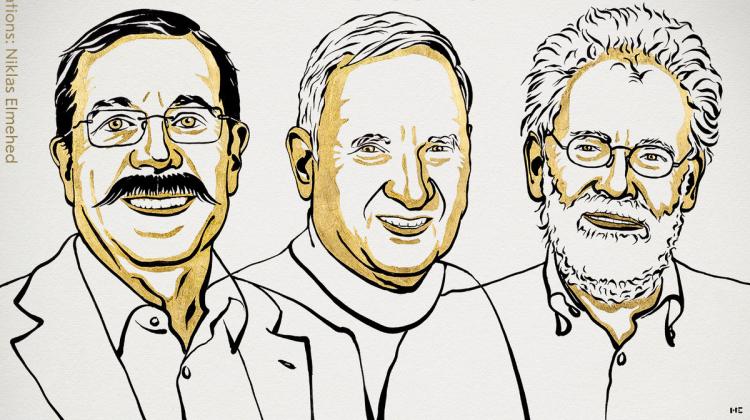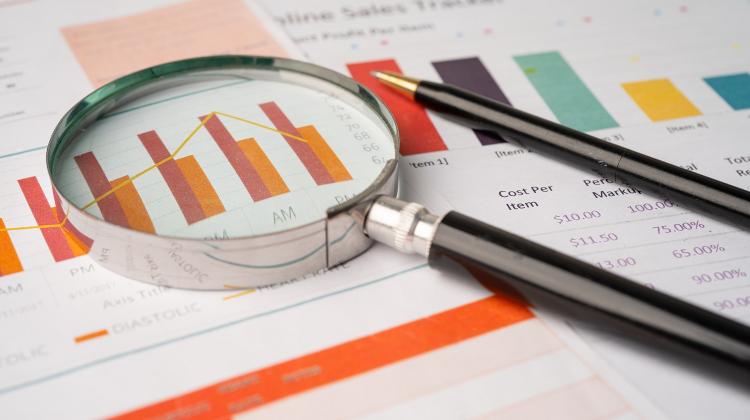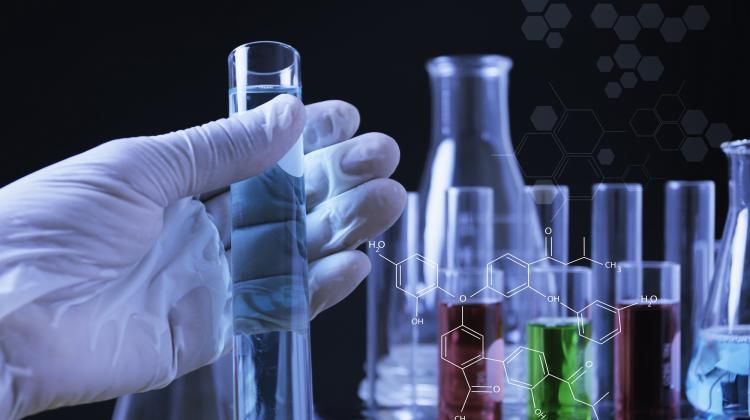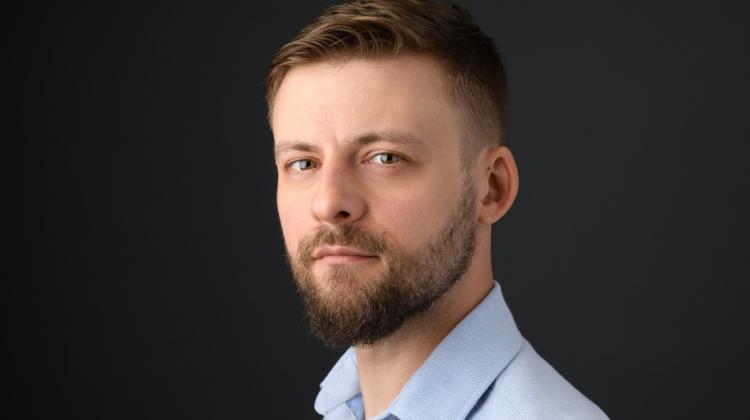
encephalitis. Nipah is the name of a small town in Malaysia where the first case of the disease caused by this virus was recorded. To date, the total number of identified Nipah virus cases does not exceed 700 (some sources cite even lower numbers). On the other hand, there is no vaccine for the Nipah virus (NiV), and practically no other treatment for patients.





